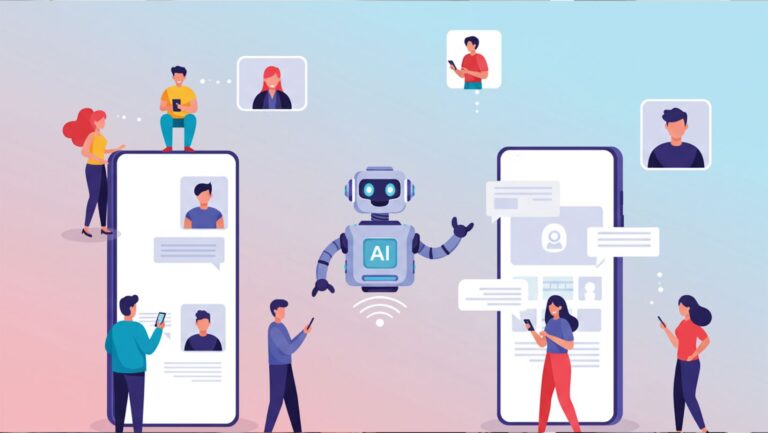
What Is The Role Of GenAI In Procurement?
Procurement leaders are increasingly recognizing the value of GenAI in achieving key business objectives. Over the next 12 to 18 months, it is anticipated to deliver measurable benefits:
- Productivity increase: 21% boost in overall efficiency.
- Cost savings: 12% reduction in operational expenses.
- Revenue growth: 11% enhancement in earnings.
While productivity and cost savings remain top priorities, other benefits include improved business agility, digital transformation, risk reduction, profitability, and enhanced customer experience. These diverse advantages position AI as a critical tool for modern procurement leaders.
5 GenAI Use Cases In Sourcing And Procurement
The practical applications of GenAI span various aspects of the procurement function. Here are the top five use cases:

- Sourcing and contract management: AI simplifies the creation and analysis of contracts, offering suggestions for clauses and simulating supplier negotiations. This capability accelerates contract cycles and reduces errors, enabling teams to focus on strategic tasks. Integrating AI with project procurement software further streamlines contract workflows and ensures better visibility across procurement stages.
- Supply information discovery: By generating search rankings and alternate supplier recommendations, AI enhances supply chain visibility and decision-making. This is particularly valuable for diversifying supplier bases and mitigating risks.
- Proposal summarization: AI can efficiently summarize RFx responses, business cases, and risk reports, saving valuable time during the evaluation process.
- Supplier communications: From onboarding to performance management, AI streamlines interactions with suppliers by generating scorecards and managing communications effectively.
- Strategic documents and policies: AI assists in creating and updating essential procurement documentation, such as analytics dashboards and process maps, ensuring alignment with organizational goals.
How To Be Prepared For GenAI Implementation?
Implementing GenAI requires careful planning and prioritization. Gartner recommends focusing on pilots with high business value and feasibility. Key considerations include:
- Business value: Evaluate pilots based on their potential to deliver efficiency gains, reduce cycle times, decrease errors, and improve visibility into order status and issue resolution.
- Feasibility: Assess organizational readiness, talent availability, risk tolerance, and data governance practices. Cultural acceptance and the ability to manage data securely are critical to AI’s success.
What Skills Will Be Required For GenAI Adoption?
With a 69% increase in the importance of data and technology competencies over the past year, procurement leaders must invest in building these capabilities. GenAI is not just a tool but a driver of new job descriptions, competency models, and training programs.

By equipping teams with the necessary skills, organizations can maximize AI’s impact on procurement operations.
The Future Of GenAI In Procurement
As the technology evolves, its influence on procurement will continue to grow. The Gartner report predicts the following trends:
- 20% of businesses will use virtual assistants and chatbots for internal and vendor interactions by 2026.
- Half of all businesses will support supplier procurement contract negotiations with AI-enabled tools for risk analysis and redlining by 2027.
- 80% of human decisions will be augmented by GenAI by 2029.
These forecasts underscore the transformative potential of GenAI, making it imperative for procurement leaders to stay ahead of the curve.
Conclusion
Generative AI represents a paradigm shift in sourcing and procurement, enabling leaders to achieve unprecedented levels of efficiency, cost savings, and innovation. By prioritizing high-value use cases, fostering organizational readiness, and investing in talent development, organizations can harness GenAI’s full potential. As the technology continues to evolve, it promises to redefine procurement, setting the stage for a future where data-driven insights and AI-driven strategies drive sustainable growth.



